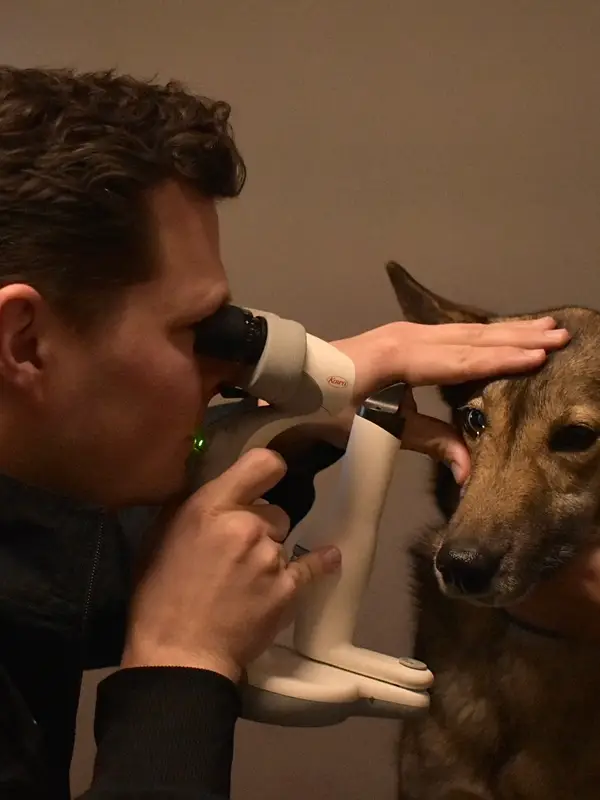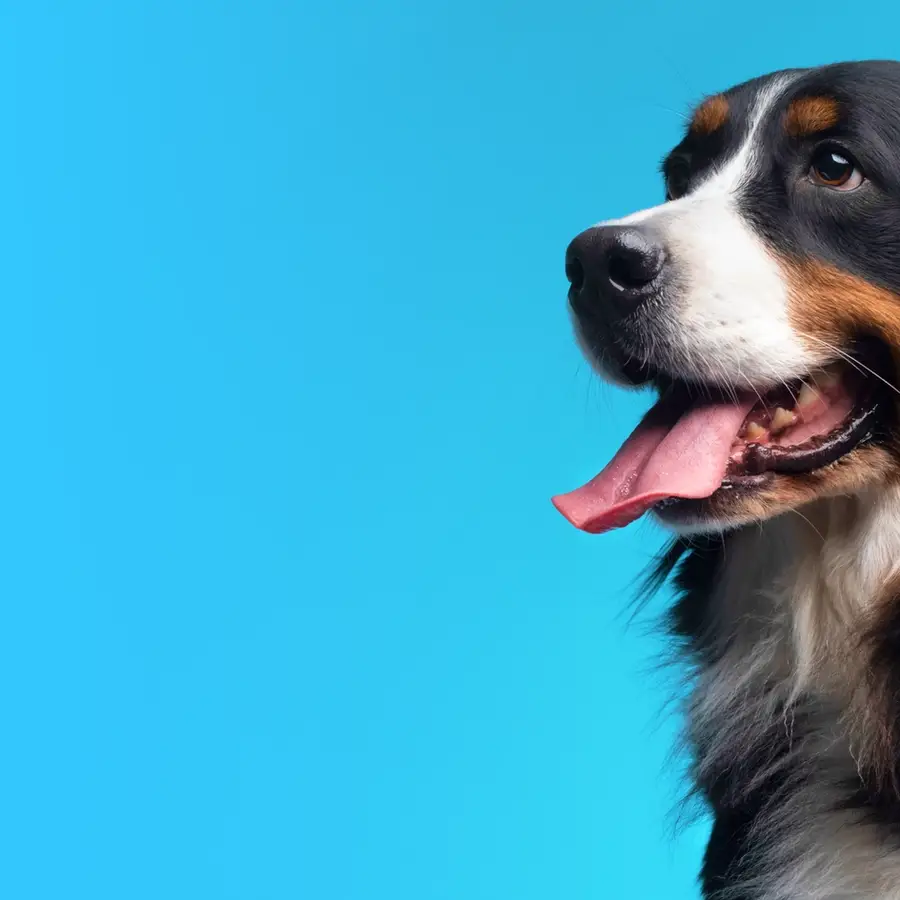
Ophthalmology
At Wheat Ridge Animal Hospital
With best-in-class medicine, technology, and an expert team, we’re fully prepared to provide the complete, compassionate care your pet needs.

With best-in-class medicine, technology, and an expert team, we’re fully prepared to provide the complete, compassionate care your pet needs.

We're open 24 hours a day, 365 days a year. Call us whenever the need arises - not just during regular business hours.

Restoring your pet's quality of life, and your peace of mind, is our #1 goal.
We want you and your pet to have the best experience possible. If you need us to reach out to your primary care veterinarian for your records, we’re happy to do so.
If your pet is experiencing any of these conditions, our board-certified specialists and team have the expertise to make a difference.


Comprehensive diagnostic testing allows us to gain a complete understanding of your pet’s condition.
Our approach to treatment prioritizes improving your pet’s quality of life through personalized, compassionate care.


Understand more about your pet’s condition and treatment options.